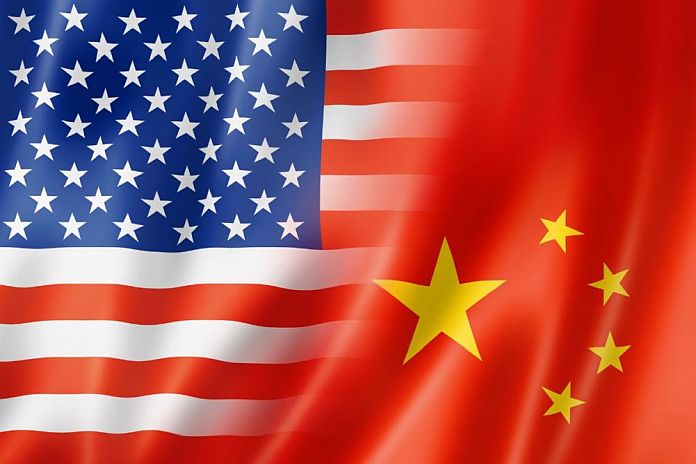By Caroline Wagner
A decades-old science and technology cooperative agreement between the United States and China was set to expire on August 27, 2023, but was extended, at the last minute, by six months to allow more negotiations between the two countries. On the surface, an expiring diplomatic agreement may not seem significant. But unless it’s renewed, the quiet end to a cooperative era may have consequences for scientific research and technological innovation, as the US risks being cut off from top know-how as China forges ahead.
A decades-old science and technology cooperative agreement between the United States and China [was set] to expire on Aug. 27, 2023 [it was extended by six months to allow more negotiations between the two countries]. On the surface, an expiring diplomatic agreement may not seem significant. But unless it’s renewed, the quiet end to a cooperative era may have consequences for scientific research and technological innovation.
The possible lapse comes after US Rep. Mike Gallagher, R-Wis., led a congressional group warning the US State Department in July 2023 to beware of cooperation with China. This group recommended to let the agreement expire without renewal, claiming China has gained a military advantage through its scientific and technological ties with the US.
The State Department has dragged its feet on renewing the agreement, only requesting an extension at the last moment to “amend and strengthen” the agreement.
The US is an active international research collaborator, and since 2011 China has been its top scientific partner, displacing the United Kingdom, which had been the US‘s most frequent collaborator for decades. China’s domestic research and development spending is closing in on parity with that of the United States. Its scholastic output is growing in both number and quality. According to recent studies, China’s science is becoming increasingly creative, breaking new ground.
As a policy analyst and public affairs professor, I research international collaboration in science and technology and its implications for public policy. Relations between countries are often enhanced by negotiating and signing agreements, and this agreement is no different. The US’s science and technology agreement with China successfully built joint research projects and shared research centers between the two nations.
US scientists can typically work with foreign counterparts without a political agreement. Most aren’t even aware of diplomatic agreements, which are signed long after researchers have worked together. But this is not the case with China, where the 1979 agreement became a prerequisite for and the initiator of cooperation.
A 40-year diplomatic investment
The US-China science and technology agreement was part of a historic opening of relations between the two countries, following decades of antagonism and estrangement. US president Richard Nixon set in motion the process of normalizing relations with China in the early 1970s. President Jimmy Carter continued to seek an improved relationship with China.
Originally published by Homeland Security News Wire, August 29, 2023





